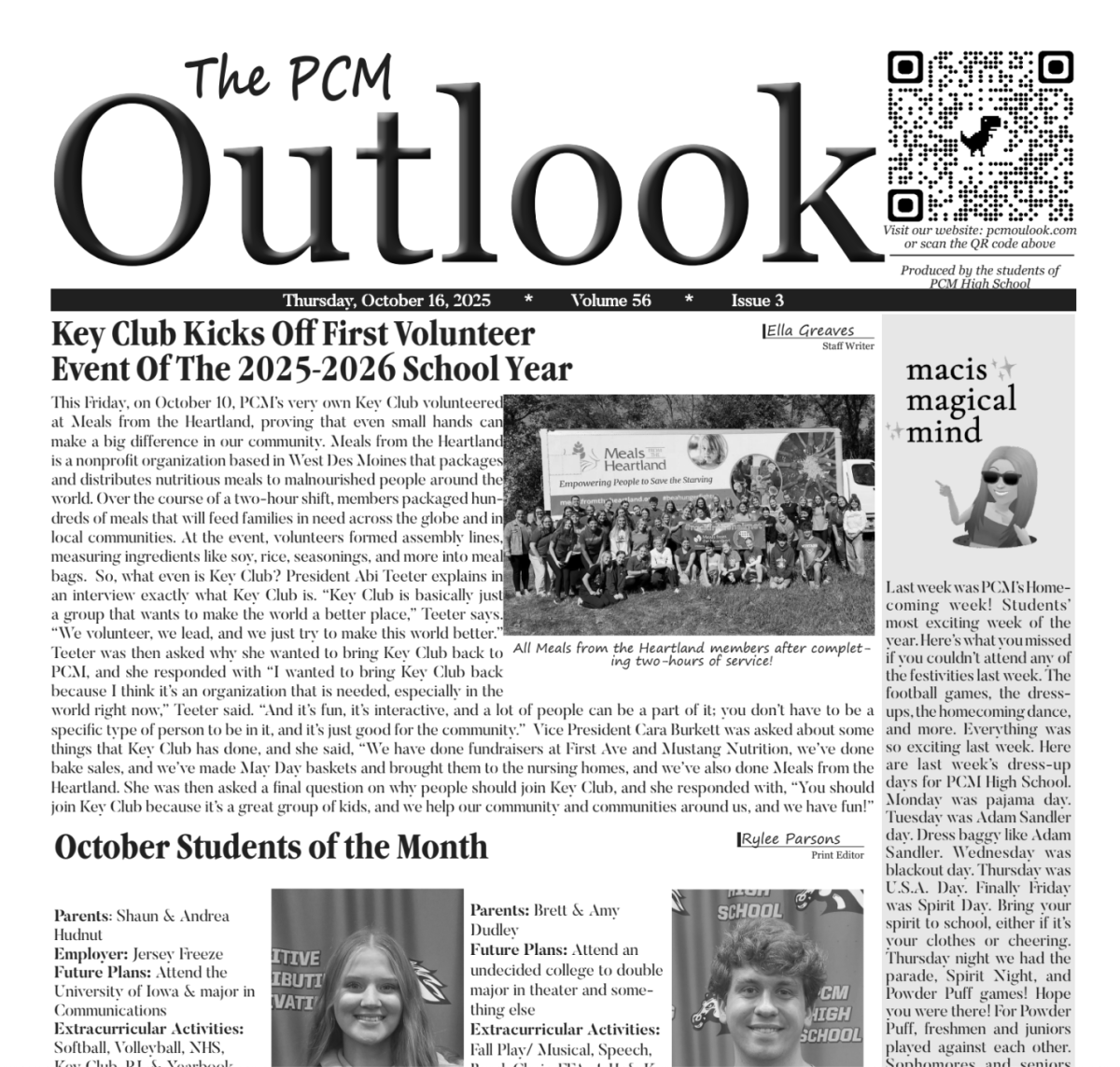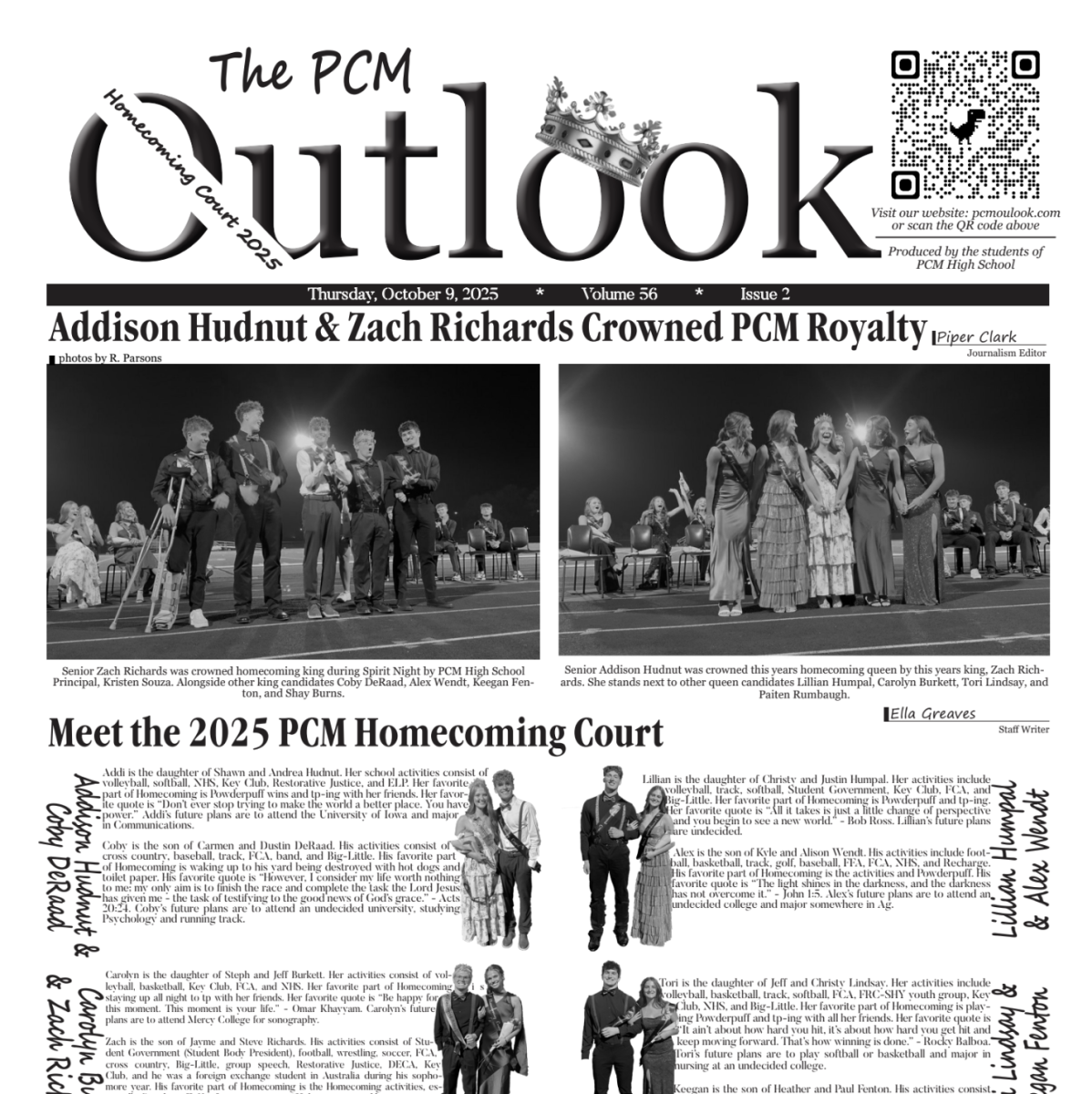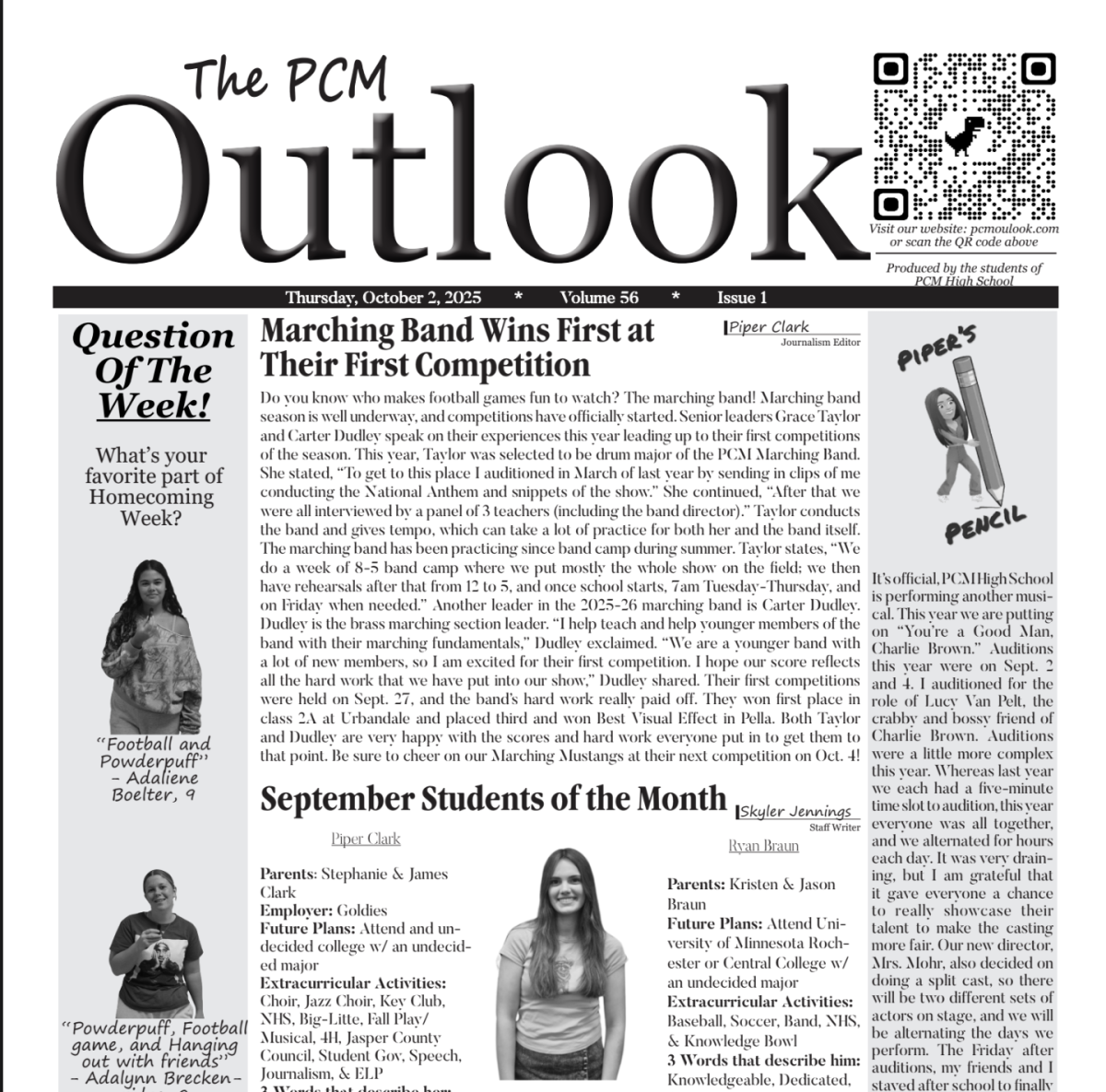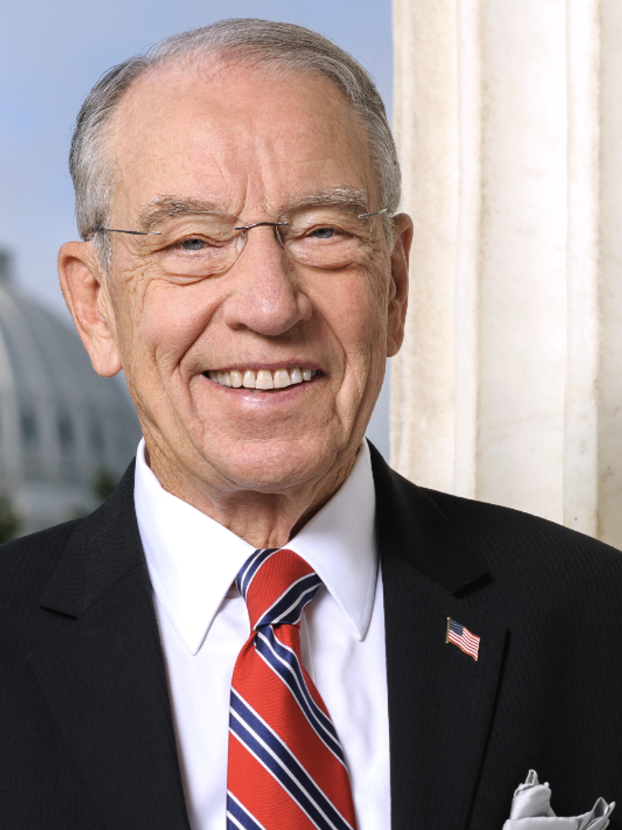On Wednesday, March 13, the House of Representatives voted to pass legislation that could possibly ban TikTok in the US. In the past, TikTok has been criticized for failing to protect children from addiction to the app, dangerous viral challenges, and sharing of personal or false information.
One viral challenge on TikTok that led to the deaths of 15-20 children was called the “blackout challenge”. This popular challenge on social media encouraged people to choke themselves with any household objects until they became unconscious. They would then film the adrenaline rushing back once the person regained consciousness. TikTok was sued by the parents of the children who died from the challenge, but has still been in business.
Many house legislators have argued that the app could possibly allow the Chinese government to access users’ data. They also have argued that the Chinese government can influence Americans through social media platforms and addictive algorithms.
Representative of Connecticut, Jim Himes, states, “China shuts down newspapers, broadcast stations, and social media platforms”. He also states, “We do not trust our citizens to be worthy of their democracy. We do not trust our government to decide what information that may or may not see”.
The House of Representatives wants the owner of ByteDance (creator of TikTok), to either disinvest from the company or be booted out of US app stores completely.
“ByteDance is not owned or controlled by the Chinese government. It is a private company,” says TikTok’s CEO Shou Chew in a testimony before the Congress in March.
PCM art teacher, Jenny Morrett, shares her thoughts about TikTok possibly getting banned.
“I think TikTok being banned is great. I think while TikTok is entertaining, I don’t think it’s necessarily great and I don’t think it’s necessary. I think if it is banned people will be more encouraged to be in the world in a more present way like interact with people or find other ways to kill boredom.”
Many students also have an opinion on the matter.
An Article from the New York Times states that Rosario from Atrisco Heritage Academy High School says, “TikTok is another form of entertainment and news outlet. If the government is considering banning TikTok, why not ban Facebook, Twitter, and Snapchat? All are forms of social media that everyone has access to all around the world. The government needs to focus its attention and resources on other things that are posing a literal threat to society like gun violence and the hungry that are without home or food throughout our country”.
Another article by the New York Times from Stacey of Galeway, NY, states, “As the first Amendment states, ‘Congress shall make no law respecting an establishment of religion, or prohibiting the free exercise thereof, or abridging the freedom of speech, or of the press; or the right of the people peaceably to assemble, and to petition the Government for a redress of grievances. By getting rid of an app that is used by many to promote their beliefs, not just in America, but in other parts of the world in which information can spread across seas to better educate people on current events would go against the Constitution … Removing those beliefs by making it impossible to use an app, would diminish the viewing of said beliefs and encroach on people’s freedoms.”
The app has become an attraction for educators, activists, and creatives to influence all aspects of culture. From releasing dance trends, and propelling decades of old books onto the bestseller list, to educating viewers and making changes to society, TikTok has become key to how over 150 million users across the United States create, learn, and change the world.
TikTok being banned could not only affect the users but also affect the creators greatly. TikTok creators have invested years of their efforts to build their entire careers around their TikTok followers. This also includes many businesses that have used the app to stay in business during the 2020 pandemic. It can also be used for business by showing great sales and revenues.
Freshman, Addy Pederson, shares her thoughts about the possible banning of TikTok.
“I think it is really upsetting for most people because it’s been around for as long as we can remember and I think a lot of memories were made on it and it’s just very fun for people to socialize with each other and meet new people. Also, the fact that a lot of people are going to have to lose their jobs because there are a lot of creators on there and they just do TikTok as their main job and a lot of small businesses will lose their businesses easily because won’t have a big enough platform to advertise for their small business.”
While TikTok comes with many benefits and advantages, should the House of Representatives truly ban it? Even though it promotes business and gives creators a platform for a future career, it has been said to share users’ information with the wrong people and has caused deaths. What do you think about this?







